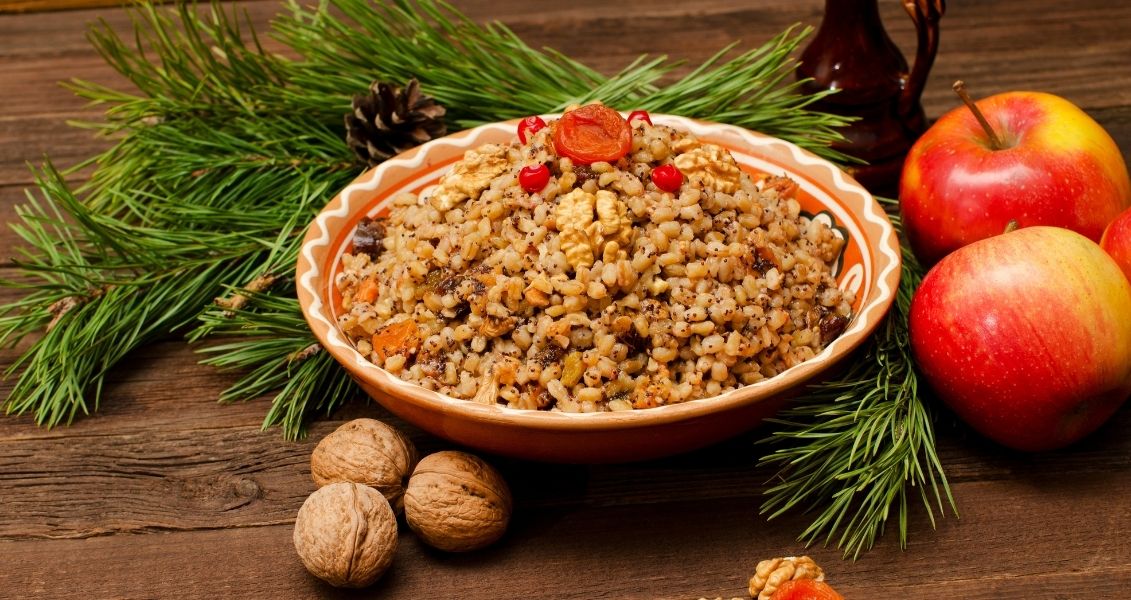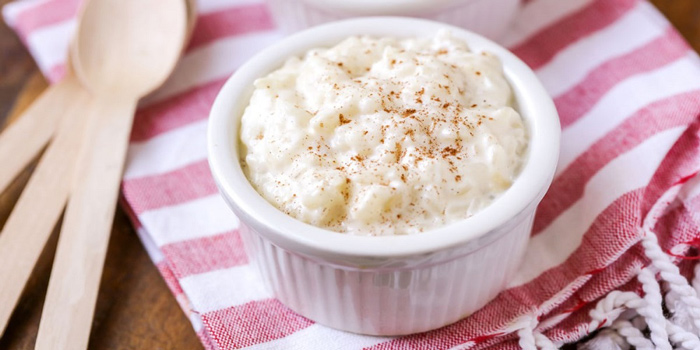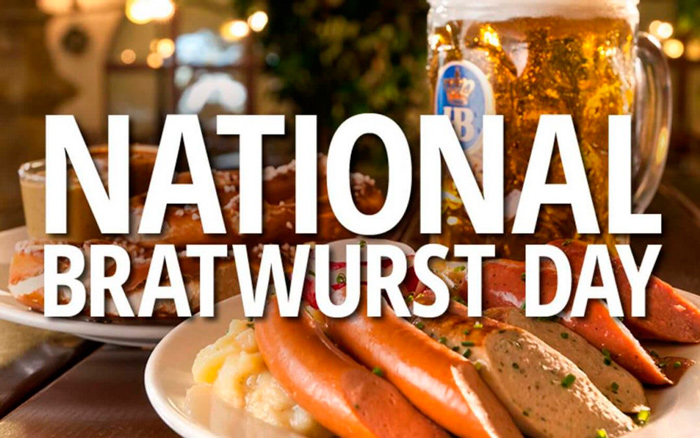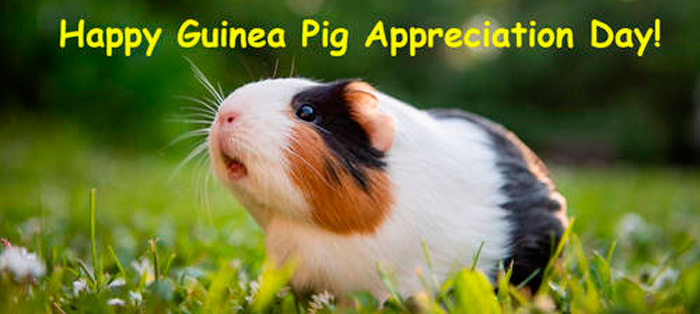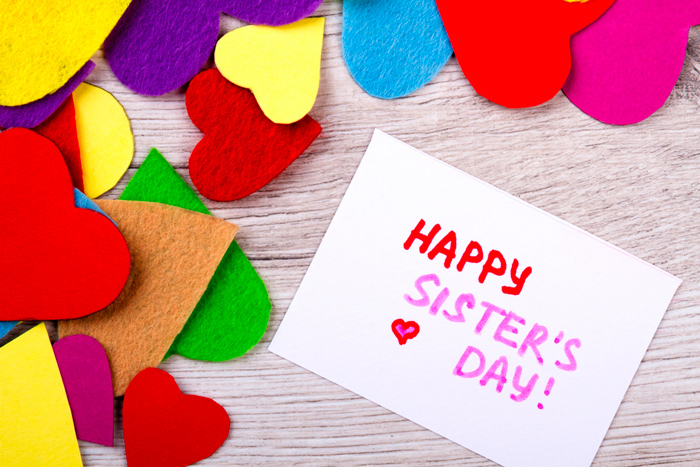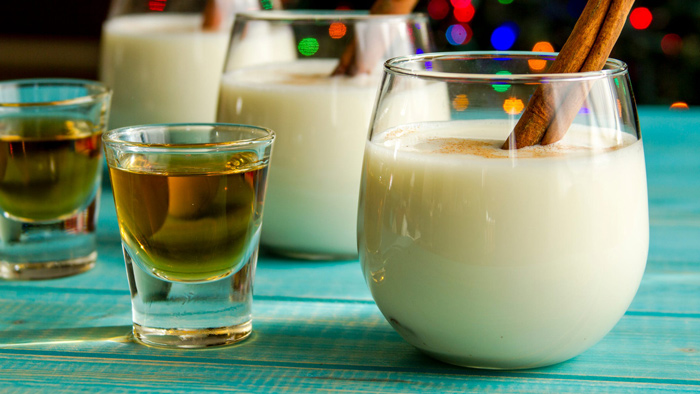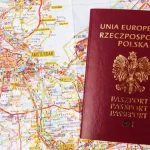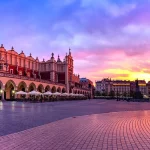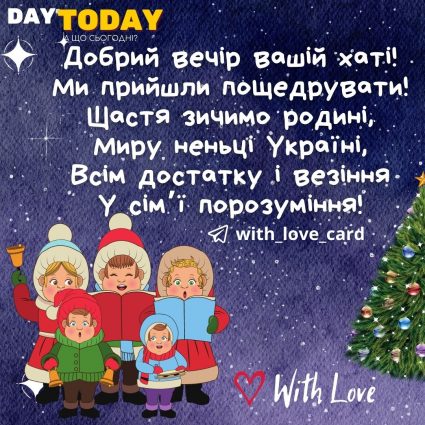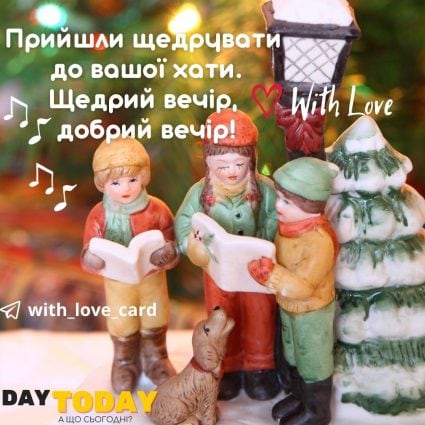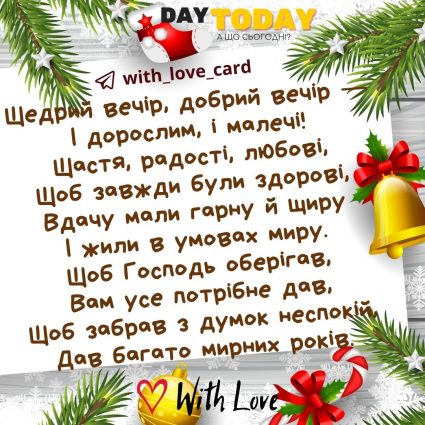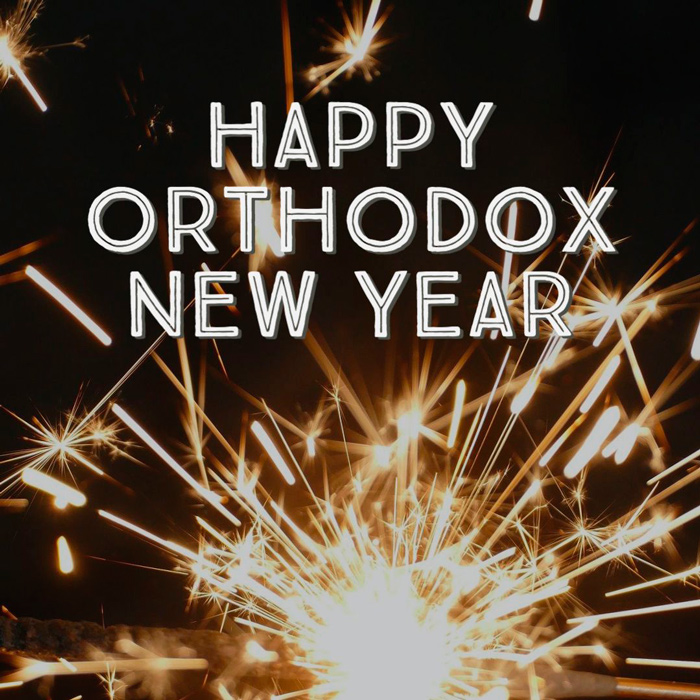generous evening
What kind of holiday is this?
generous eveningor Lightning people traditionally celebrate on January 13 – the day before the old new year. This is a national and church holiday, the customs and rites of which have come down to us from distant pre-Christian times. We offer you to familiarize yourself with the ancient history and interesting traditions of celebrating the Generous Evening or Malanka.
How did the idea of celebrating the Generous Evening come about?
The tradition of celebrating the Generous Evening came to us from ancient times, long before the birth of Christianity in our lands. But the current holiday arose due to differences in the Gregorian and Julian calendars. Before the introduction of the Gregorian calendar, Shchedry vecher was celebrated on the eve of the new year, but after the calendar reorganization, it was shifted two weeks ahead (or it remained in the city, and the new year began to be celebrated two weeks earlier – it depends on the point of view). According to the Christian calendar, Saint Melania is honored on December 31 (old style) or January 13 (new). Thus, the holiday has both pagan and Christian origins.
A pre-Christian myth
In ancient times, the Slavs worshiped the god of order, marriage and family wealth, who was called the god Lado. This is the first god who came down to earth and began to live among mortals. Lado had a son and a daughter. The daughter was extremely cute and pretty, that’s why she was called Milanka. Milanka was betrothed to the moon god, who could not protect his beloved from a treacherous snake. So the beautiful bride was stolen from the silver hut and put in the dungeon. This event brought grief to the Lado family, and the divine light that was supposed to illuminate the earth was extinguished by the sorrow of the gods.
The hero Vasylchyk, who became the liberator, and later, the beauty’s husband, dared to free Milanka from the captivity of the fierce snake. The people celebrated Milanka’s return from captivity with fun performances and a rich table. And when the girl returned, the fire that the gods carried for humanity began to burn with new power.
Christian history of the holiday
When Christianity came to the Slavic lands, the holiday was not canceled, but acquired a new meaning. Now Reverend Melania became the heroine of the solemn celebration. Melania was born in Rome in one of the noble families. Since childhood, the girl accepted Christianity and differed from her peers in her desire for a clean and blameless life.
However, Melania was married to an unloved man against her will. The woman tried to convert him to Christianity, but he longed for only one thing – the birth of heirs. However, two children born in the family died early. Only after that, Melania’s husband accepted the Christian faith and joined his wife’s charity work.
How to celebrate the Generous Evening?
Girls and boys traditionally dress up as fairy-tale characters and wear animal masks on Shchedry Vesir or Malanka. Young people are generous all night, and girls are engaged in fortune-telling. Due to its deep history, the holiday has many traditions and rituals.
Generosity
Generously on generous evening begin in the evening of January 13. The tour of the houses with festive songs and gifts continues until midnight. Donors receive tasty treats from the hosts.
Our ancestors believed that generosity should begin only after the sun has set, when all kinds of evil will begin to gather on the earth. Bounties drive away the unclean from houses. However, in recent years, this has been happening a little earlier – this is due to the fact that among the benefactors there are mostly school-age children.
Along with the giving, a solemn “carrying of the Malanka” is performed. This is a ritual performance, during which boys dressed as animals visit homes, entertain the owners and wish them all the best in the new year. Leading the Malanka ends with the burning of a bundle of straw, which is called a grandfather. Grandfather is a symbol of the old year, which was once kept in the corner of every house.
Divination
On Christmas Eve, girls tell fortunes about the bridegroom and fate. Once, during fortune-telling in the yard where the girl lives, the boys removed the gate. There are several types of fortune-telling that were used on the night of Malanka:
- Fortune-telling on the condemned on the street. The girl went outside and waited to see what kind of animal she would meet first. If it is a dog, then its judge will be evil, and the fate will be that of a dog. If it is a sheep, expect a submissive and quiet groom.
- Piles of grain are piled under the door for the night. If in the morning it is found that the grain is scattered, then life will be unhappy, and if the heaps remain whole, one can hope for a long and joyful life.
- A very well-known divination, when a girl puts her comb under her pillow, saying that she will dream of a doom-and-gloom.
Features of the festive table
The main dish of the holiday is the so-called generous kutya. Housewives begin its preparation from the very morning. In contrast to the Lenten dish prepared on Holy Eve, a generous kutya can contain any components – raisins, nuts, cream, milk, etc.
However, the main ingredients of the dish are wheat, poppy and honey. Each ingredient symbolizes important aspects. Yes, grain is a symbol of life, honey is happiness and health, and poppy indicates good fortune. To give the dish a richer taste, some people add candied fruits, cherries, raisins to the kuti. A generous kutya is served in a makitra or a deep bowl, which is displayed on the corner of the table.
The Malanka table has always been rich and diverse. There is a belief that the more dishes on the table, the richer the coming year will be. On this day, it is not advisable to cook fish dishes, as happiness and prosperity may float away from home. But meat dishes, especially pork, symbolize well-being.
Also, on the festive table of Ukrainians, jellied meats, pancakes, sausage products, pies, and various pastries are often found. In some Ukrainian villages, Malanka is prepared, that’s how they call krovyanka – a blood sausage made from pig intestines and stuffed with buckwheat groats, pig’s blood, meat and onions.
What can’t be done on the Christmas Eve?
- It is believed that on January 13, you cannot lend money even to the closest people, so as not to go around in debt later. All kinds of cursing and quarrels are prohibited on Christmas Eve, only a peaceful and calm atmosphere in the family is a guarantee of harmony in the coming year.
- It is forbidden to sit down at the table in unclean clothes, the clothes must be clean and festive, this is the only way to count on a good fate.
- It is not good to hold grudges and resentments on this day. Therefore, it is customary on this day to visit people with whom you have quarreled in order to apologize and reconcile.
Signs and beliefs
There are many folk signs and beliefs on the holiday of Malanka.
The night of Christmas Eve was always considered special, magical, so on this night a wish was made, which was bound to come true. To do this, you need to go outside, look at the sky and make a wish.
If the owners receive benefactors well, then they can count on wealth and happiness in the new year, if they do not let benefactors into the house, then the whole year will be devoid of joy and happiness.
Dreams dreamed on the night of January 13-14 are considered prophetic. Therefore, it is necessary to listen to your dreams.
Children born on January 13 are especially lucky. It is believed that they have an extraordinary gift – the ability to predict.
It is believed that how a person spends the first day of the new year, so will the whole next year. Therefore, in ancient times, women especially on this day took care of their appearance, changed their outfits several times, took care of their hair, and dyed their hair. So they believed that they would always be beautiful in the new year.
A lot of fluffy fluffy snow on Malanka is a symbol of bountiful harvests.
Postcards for the Generous Evening
? Gifts for the Generous Evening
 |
New Year’s tapestry tablecloth with lurex Generous evening |
| New Year’s tapestry Christmas carousel table runner | |
 |
Napkin under the plate New Year tapestry Generous evening |
 |
Festive rites and customs of the Ukrainian people |
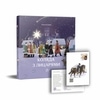 |
Christmas carol with knights |
? New Year’s background music for a festive mood
When will we celebrate Generous evening?
| Year | Date | Weekday |
|---|---|---|
| 2021 | January 13 | Wednesday |
| 2022 | January 13 | Thursday |
| 2023 | January 13 | Friday |
| 2024 | January 13 | Saturday |
| 2025 | January 13 | Monday |
